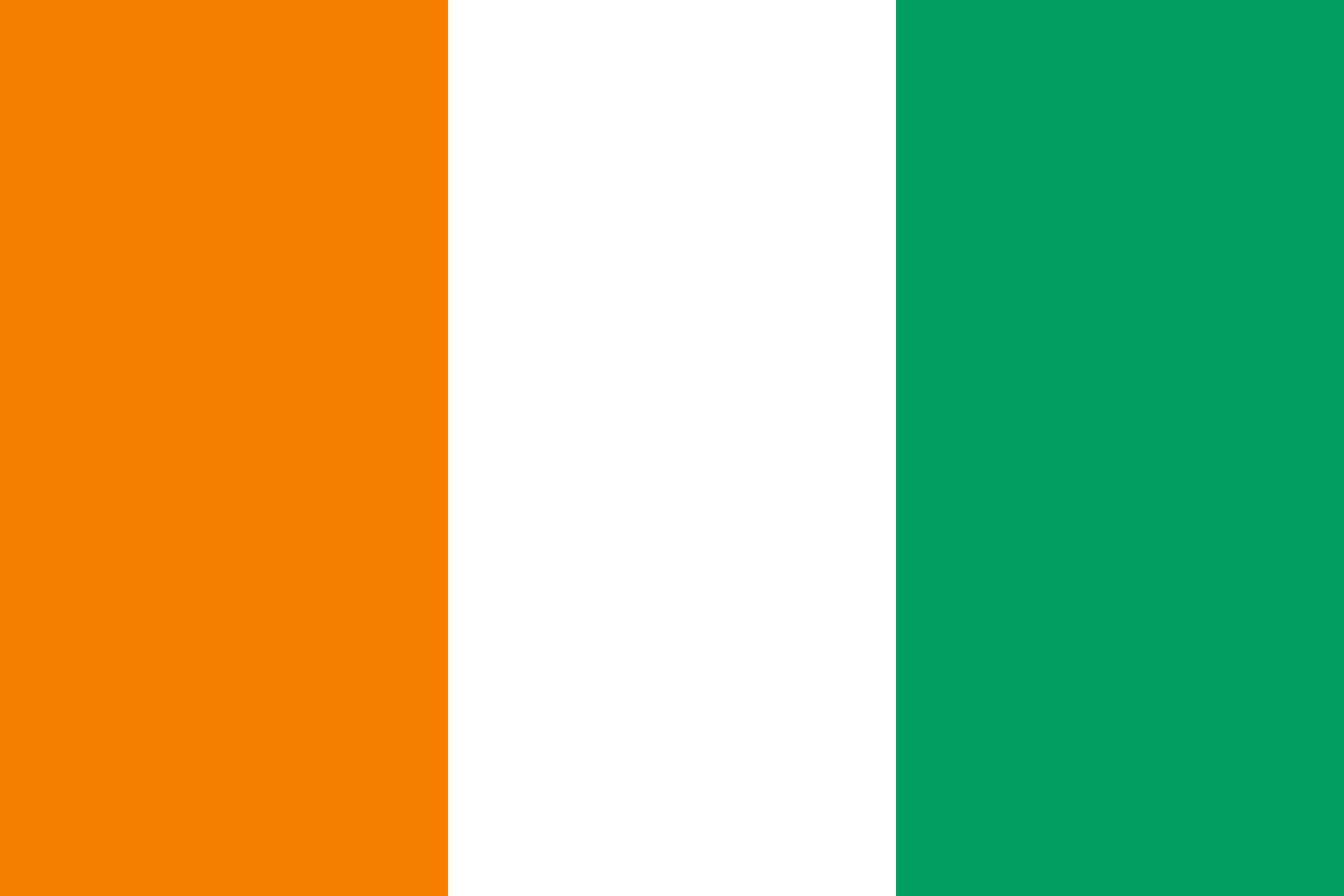Côte d'Ivoire
Côte d’Ivoire, also known as Ivory Coast, is a West African country known for its cultural diversity and natural beauty. Côte d’Ivoire is a West African country with beach resorts, rainforests and a French-colonial legacy. Abidjan, on the Atlantic coast, is the country’s major urban center. Its modern landmarks include zigguratlike, concrete La Pyramide and St. Paul’s Cathedral, a swooping structure tethered to a massive cross. North of the central business district, Banco National Park is a rainforest preserve with hiking trails.

International Air Connectivity:
Abidjan’s Félix-Houphouët-Boigny International Airport connects Côte d’Ivoire to international destinations across Africa, Europe, and the Middle East.
Domestic Air Connectivity:
Domestic flights link major cities and regions within Côte d’Ivoire.
Tourist Attractions:
Basilica of Our Lady of Peace: A stunning basilica in Yamoussoukro.
Assagny National Park: Home to diverse wildlife, including elephants and hippos.
Grand Bassam: A UNESCO World Heritage site with historic colonial architecture.
Tai National Park: A UNESCO site offering opportunities for wildlife viewing.
Assagny National Park: Home to diverse wildlife, including elephants and hippos.
Grand Bassam: A UNESCO World Heritage site with historic colonial architecture.
Tai National Park: A UNESCO site offering opportunities for wildlife viewing.
Cuisine:
Côte d’Ivoire’s cuisine features dishes like attiéké, aloco, and various stews. Local fruits and street food are popular.
Cultural Activities:
Experience traditional Ivorian music, dance, and festivals. Local crafts and art are essential elements of the culture.
Accommodation:
3-Star Hotels: Examples include the Hotel Novotel Abidjan in Abidjan.
4-Star Hotels: The Sofitel Hotel Ivoire in Abidjan is a notable choice.
5-Star Hotels: Côte d’Ivoire offers luxury options like the Radisson Blu Hotel in Abidjan.
4-Star Hotels: The Sofitel Hotel Ivoire in Abidjan is a notable choice.
5-Star Hotels: Côte d’Ivoire offers luxury options like the Radisson Blu Hotel in Abidjan.
Transport Connectivity:
Rail: Côte d’Ivoire has a railway network used mainly for freight transport.
Road: Roads and highways connect cities and regions. Buses and taxis are common for transportation.
Road: Roads and highways connect cities and regions. Buses and taxis are common for transportation.
Population:
Côte d’Ivoire’s population is estimated to be around 27 million people.
Religion:
Islam and Christianity are the major religions in Côte d’Ivoire, with diverse religious practices due to its multicultural population.
Languages Spoken:
French is the official language. Indigenous languages, including Dioula and Baoulé, are widely spoken, reflecting the country’s diverse ethnic groups.
Disclaimer:
The information above is for reference, and we do not accept any liability for inaccuracies or updates.